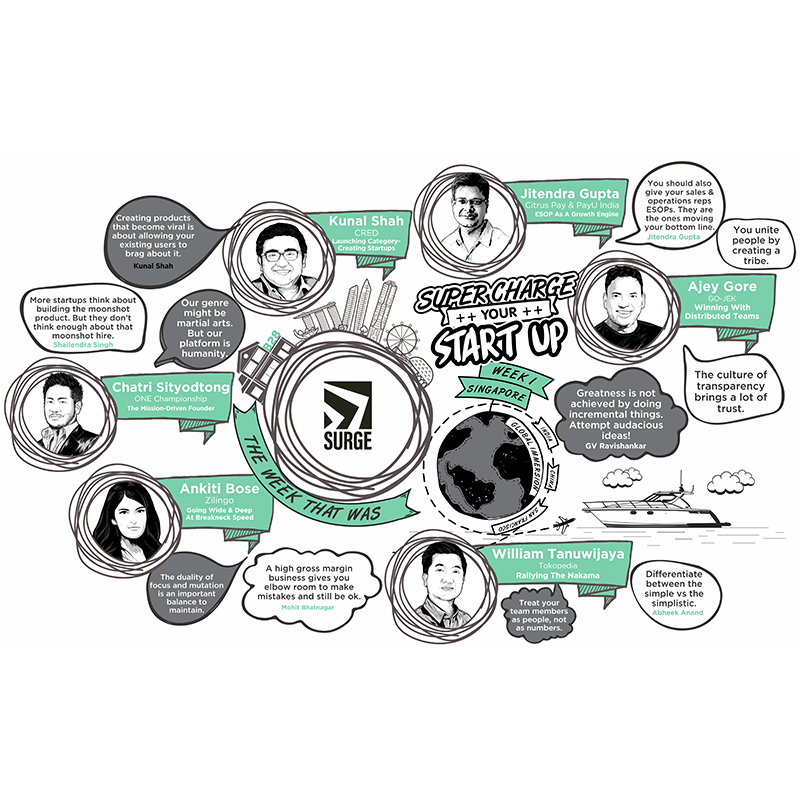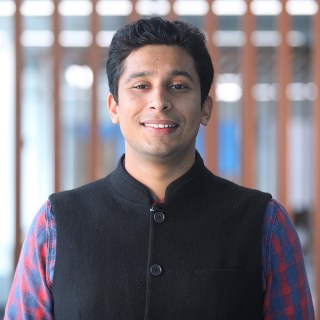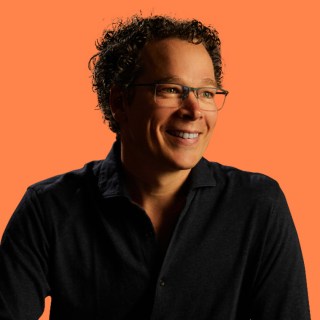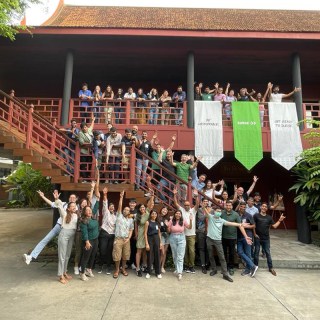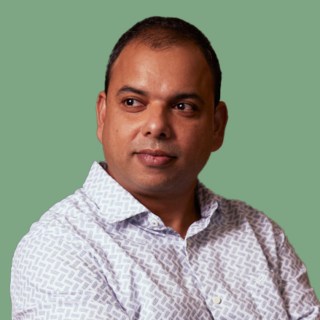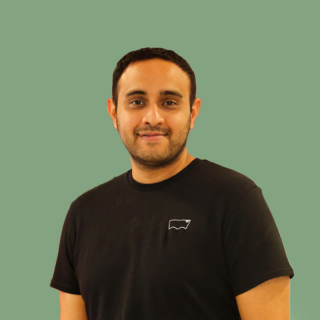Surge 01 is now in full swing! Founders from 17 startups met for the first time in Singapore on March 25 for Week One, and it was exciting to watch them share their war stories, ambitions and ideas and start to connect, as a community. Week One of Surge was action-packed, and founders continued debating and discussing key points with speakers and among themselves during breaks and into the evenings; so we decided to crowdsource and collate the cohort’s 'Top 10 Week One Takeaways' via our Slack channel to capture some of the points that hit home. Here’s what they had to say.
Surge 01 is now in full swing! Founders from 17 startups met for the first time in Singapore on March 25 for Week One, and it was exciting to watch them share their war stories, ambitions and ideas and start to connect, as a community.
Week One had an intense, action-packed schedule – check it out here. Tokopedia’s William Tanuwijaya, ONE Championship’s Chatri Sityodtong, Zilingo’s Ankiti Bose, CRED’s Kunal Shah, GO-JEK’s Ajey Gore, Circles.Life’s Rameez Ansar, Funding Societies’ Iwan Kurniawan and Citrus’ Jitendra Gupta all spent many hours with the group, sharing their insights and experiences from building some of the most successful startups in India and ASEAN today.
The talks, which were all off the record, were refreshingly candid and some very frank, very personal stories were shared. Surge founders continued debating and discussing key points with speakers, and among themselves, during breaks and into the evenings; so we decided to crowdsource and collate the cohort’s ‘Top 10 Week One Takeaways’ via our Slack channel to capture some of the points that hit home. Here’s what they had to say:
1. “Culture will win the war”: You can never raise enough capital to compete with the giants of the world, says Tokopedia’s William Tanuwijaya; what you need is talent that will go to war with you. A company that has a strong culture, a clear North Star, and a team that’s unified by a shared mission, will endure.
2. Mission fuels resilience: A strong, clear mission creates both unity and resilience within an organization, said ONE Championship’s Chatri Sityodong. “When people fight for themselves, and just themselves, it’s easy to quit. But when you fight for something bigger than yourself, greater than yourself, it is impossible to quit.”
3. Clarity + communication = alignment: The pursuit of clarity – of vision, purpose, culture and strategy – is the Holy Grail in the early stages. Founders may feel they have clarity, but sometimes when you talk to the team it’s a different story because that thinking hasn’t been clearly communicated. When clarity is shared with the broader organization, it becomes alignment – and people start rowing in the same direction.
4. “Intrigued by failure”: Kunal Shah, who founded both FreeCharge and CRED, says he’s dealt with fear “by being insanely curious about what will happen if things don’t work out.”
5. The art of persuasion: “The biggest skill that you’ll have to learn as a founder is the skill of human persuasion. You have to be very good at understanding human motivation,” said Kunal. “It’s not an optional course.”
6. Serendipity VS strategy: Shailendra heard about ONE Championship from office neighbours during an elevator ride; his first meeting with Tokopedia was over an impromptu coffee on his very first trip to Jakarta. Serendipity, he says, can sometimes be more powerful than strategy. “You have to be switched on at all times to listen to the light knock of opportunity.”
7. Measure a few things relentlessly: You cannot have a product-oriented organisation unless you have the right metrics that define what success, and failure, looks like. Pick just two that matter for the stage of growth you’re in and track them relentlessly.
8. Who owns the unit economics?: Startup founders should consider appointing a Chief Commercial Officer. Most companies have a Head of Marketing, a Head of Sales, Head of Product and a CFO – but typically nobody owns the “unit economics” or has a 360-degree view of the overall economic model. The Chief Commercial Officer can take that role, and free up the founder to focus on the other 15,000 things they need to do
9. Punch above your weight on aspirational hires: Startups often think about moonshot products – but they don’t often think about moonshot hires. The best early-stage founders go for tier-one talent early on. The ability to scale as a founder and attract the right people is one of the single biggest factors impacting the success of a company.
10. Dig deep on personal motivation: GO-JEK CTO Ajey Gore always asks engineering candidates what books and blogs they’re reading to understand what interests & motivates them. He assesses them on three criteria: whether they demonstrate their craft well, are curious, and ready to learn. Sequoia India’s CTO, Roy, outlined six archetypes of engineers to illustrate that understanding the unique skillset, personality and motivation of an individual candidate is critical to hiring right for specific roles.
Our learning journey with Surge founders is just starting. We’re incredibly excited about what’s to come in the weeks ahead.
For more insights and updates, check our Surge Instagram page, our Surge 01 Week One Facebook album, and follow us on Twitter at @_surgeahead!
